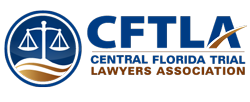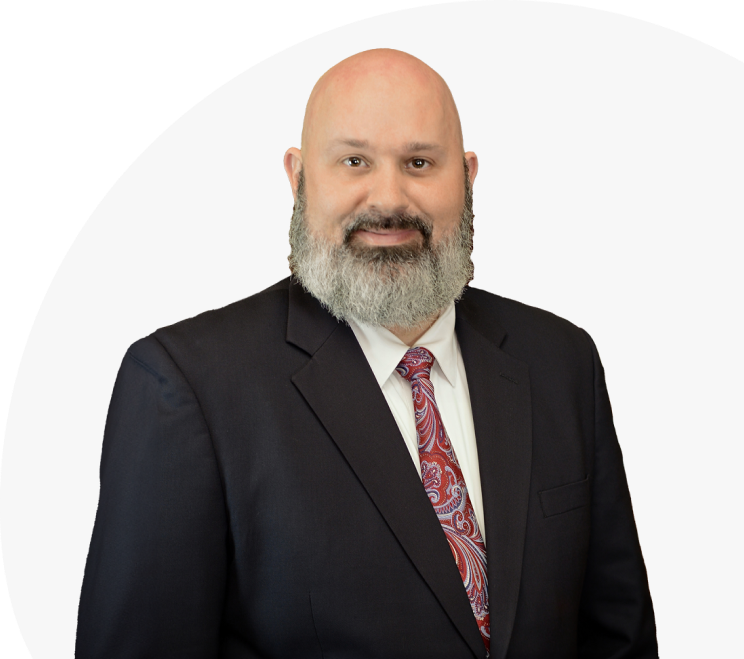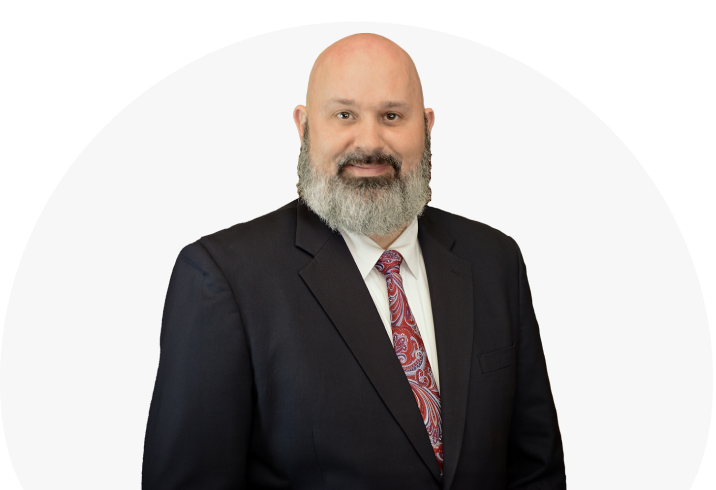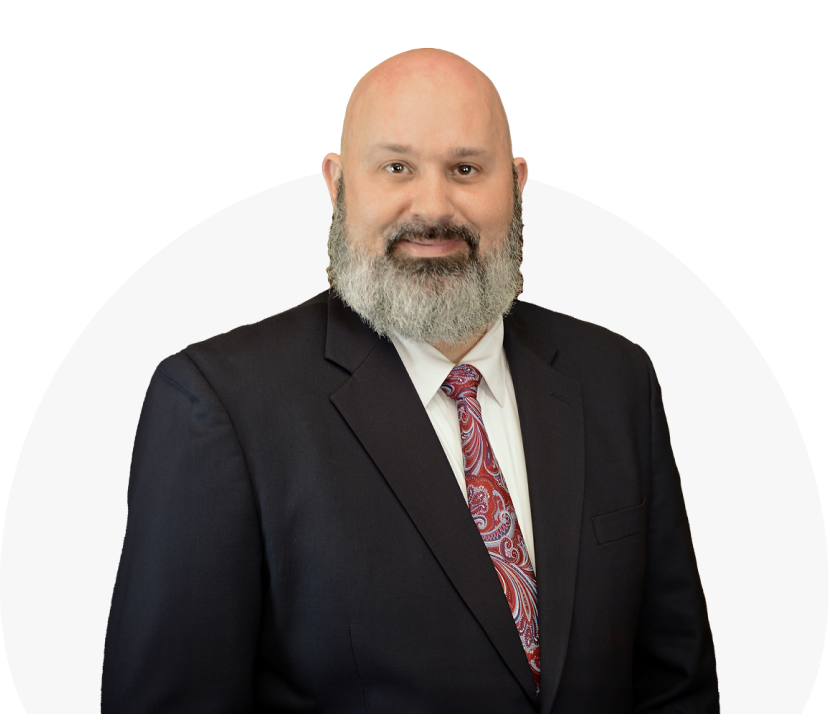Central Florida Personal Injury Lawyer
Free Consultation Get Started Right Now
Past & Future Medical Bills Paid in Full.
Payment for Time Missed From Work.
$0 to Get Started – Only Pay After We Win.
Why You Need a Lawyer
The recovery you receive from the insurance company will be based the factors listed below. However, the insurance company will make every effort to devalue, delay or flat out deny your claim. With Jerry and his team on your side, you can count on minimal trouble with the process while pursuing your maximum recovery.
Medical Bills Fully Paid

The Treatment You Deserve
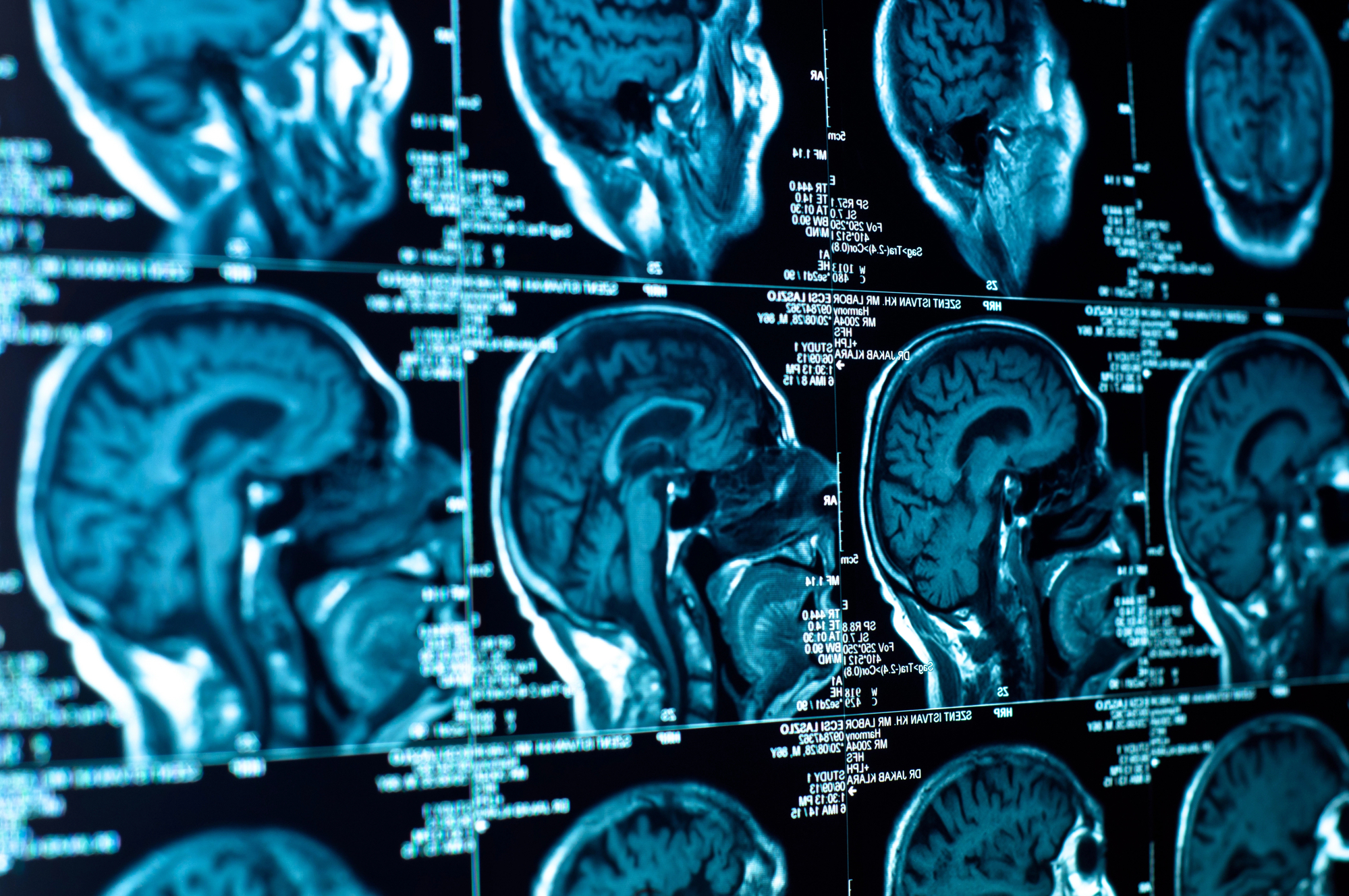
Compensation for Pain & Suffering
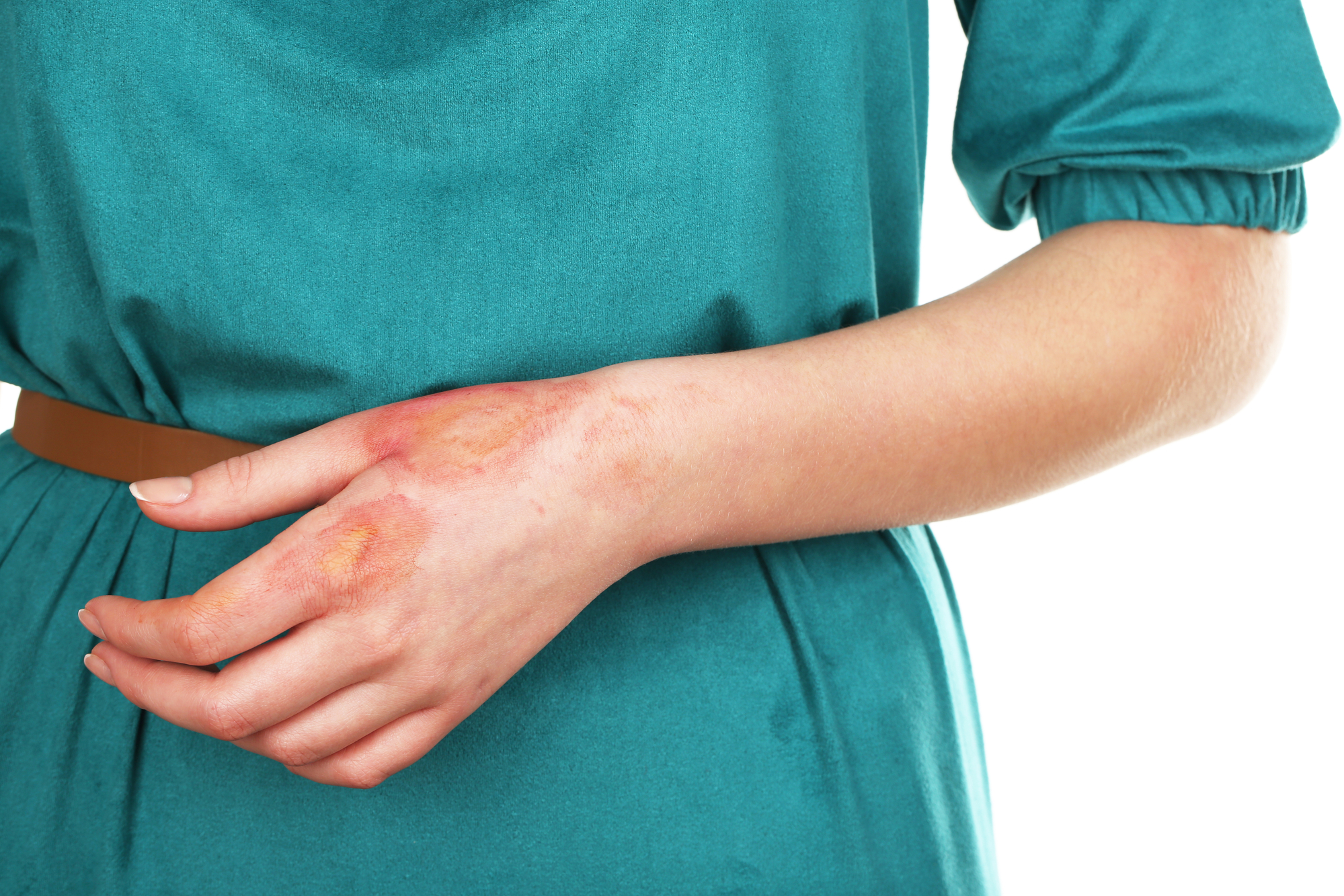
Compensation for Time Missed at Work
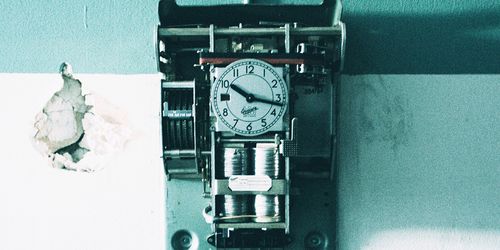
Negotiating For Your Best Possible Outcome
When Every Decision Matters
Additional Personal Injury Topics
Not seeing what you’re looking for? To see additional personal injury & accident related issues we can help you
with, check the link below. If you have questions about whether or not we can help you, do not hesitate to call
or email us right away.
Types of Injuries We Handle
Personal Injury Attorney In Central Florida
Since 2008
Jerry Jenkins is an Orlando, FL personal injury attorney that represents clients in both auto accidents and criminal defense. Jerry covers the Central Florida community including Sanford, Tavares, Orlando, Kissimmee and surrounding areas. Accidents can happen anywhere and at any time. Some of these accidents are due to factors that are beyond anyone’s control. However, other accidents are caused by someone’s negligence or recklessness. This type of accident is covered by the umbrella of personal injury law, and victims of accidents that are caused by negligence may be able to seek compensation for their injuries.
What Laws Does Florida Have To Protect Those Who Have Been Injured Due To Negligence?
A personal injury claim is a civil lawsuit that is filed against another person, business, organization, governmental entity, or the insurance carrier of any of these. The basis behind personal injury claims is that someone else’s negligence or recklessness caused a condition in which the plaintiff became injured. A lawsuit is filed against the at-fault party, seeking compensation for damages that were caused. Some of the common damages involved in a personal injury lawsuit include:
- Medical bills and the cost of future medical treatments
- Property damage, such as repair to a claimant’s car following an automobile accident
- Lost wages for work missed due to the injuries suffered
- Loss of future earning potential, if the claimant is no longer able to work, or no longer able to work at the job he or she held before the accident
- Pain and suffering, including both physical and mental suffering
To have a successful outcome in a personal injury case, negligence must be proven. The case must establish three points:
- The defendant owed the plaintiff a duty of care.
- The defendant breached his or her duty of care.
- This breach in the duty of care caused the plaintiff’s injuries and resulted in the damages that the client is now seeking.
If you pursue compensation via a personal injury lawsuit, some of the following conditions may apply:
- There may be more than one liable party. In Florida, if a person, business, or entity can be subject to liability if found to be at least 1 percent responsible for causing the accident that led to your serious or permanent injury. An example of a case where there is more than one liable party is if your accident was caused by a negligent driver who is driving a company truck during the scope of his or her normal employer and who has an extensive history of driving infractions. In this case, both the driver and the company the driver works for may be found liable for your injuries.
- Florida’s pure comparative negligence rule means that even if you are partially responsible for the accident that caused your injuries, you still may file a claim against liable parties. However, your award will be reduced by the percentage of responsibility you bear. For example, if the court determines that you are 20 percent responsible for the accident, your award will be reduced by 20 percent.
- Will your lawsuit be filed in time to meet the state’s statute of limitations? In Florida, the time limit for filing a personal injury lawsuit is four years from the date of the injury.
- What were your damages and how much should you ask for? The amount of compensation you may seek is based on the costs of your economic damages, such as medical bills and lost wages as well as your general damages, which include impacts to your quality of life such as pain and suffering or emotional distress. If the negligent or reckless actions that led to your injuries were particularly egregious, punitive damages may also be added to your claim. When filing a personal injury claim in Florida, you may only receive punitive damages that are three times the amount of compensatory damages or up to $500,000, whichever is greater.
Types Of Accidents Involved In Personal Injury Cases
- Car accidents: There are more than one thousand crashes every day in Florida, recent statistics provided by the Florida Department of Highway Safety and Motor Vehicles noted. Of the crashes that took place in 2017, nearly 3,000 were fatal crashes while more than 166,000 caused injuries.
- Truck accidents: In 2016, accidents involving large commercial trucks or buses claimed the lives of 4,440 people across the nation and caused injuries to approximately 119,000, according to a report from the Federal Motor Carrier Safety Administration.
- Motorcycle accidents: With less protection or visibility for the rider than a passenger car can offer, getting into an accident on a motorcycle can produce serious injuries.
- Bicycle accidents: A study published by the American Family Physician revealed that bicycle-related injuries account for about 900 deaths, 23,000 hospital admissions, and 580,000 emergency room visits each year.
- Pedestrian accidents: Statistics from the Centers for Disease Control and Prevention reveal that pedestrians are 1.5 times more likely than passenger vehicle occupants to be killed in an accident involving a motor vehicle. Almost 129,000 pedestrians were treated at hospital emergency departments across the nation in 2015 for injuries sustained in accidents.
- Slip, trip, and fall accidents: These are among the most common premises liability cases. Each year, falls account for about 8 million visits to the hospital emergency room. Falls are the most common reason for patients to visit the hospital ER, accounting for 21 percent of all hospital visits. Around 12 percent of all falls involve a slip as well, according to information from the National Floor Safety Institute.
- Rideshare accidents: In 2017, Florida lawmakers passed statewide regulations for ride-sharing companies such as Uber and Lyft. An article from Insurance Journal reported that these regulations were designed to replace a patchwork of local government solutions and provide a clear path for accident victims to make a claim and receive prompt compensation for their injuries.
- Premises liability: Premises liability is a type of personal injury case in which an individual is injured due to an unsafe condition on private or public property. In order to succeed with a premises liability claim, the claimant must be able to prove: The property owner knew about the dangerous condition, or should have known; the property owner failed to fix the dangerous condition or warn others about it; the claimant was injured by this dangerous condition.
- Negligent security: If you were a victim of a violent crime that took place at a commercial location such as a hotel or a parking garage, the owner of the property may be liable for failing to provide adequate security.
- Catastrophic injuries: Catastrophic injuries can vary but some states have defined guidelines to what they consider a catastrophic injury.
What Does A Personal Injury Lawyer Do?
When thinking about hiring a personal injury lawyer, many people think that this means they will have to go to court. While personal injury lawyers certainly do represent their clients in court, a personal injury lawyer’s job involves much more than litigation. Here is a look at some of the other things that a personal injury lawyer does:
- Answers legal questions for clients and prospective clients and explaining the rights of accident victims so that these individuals can make important decisions pertaining to their personal injury case.
- Assesses the case of the prospective client and provides an educated estimate as to the value of the damages that may be sought.
- Analyzes the legal issues such as comparative negligence and assumption of the risk.
- Analyzes the client’s own health insurance or governmental benefit plan to see whether any money must be repaid.
- Analyzes and addressed the validity of any liens asserted against the client’s settlement recovery. Healthcare providers, insurers, and governmental agencies may file liens seeking reimbursement for benefits already paid to or on behalf of the client.
- Identifies any potentially liable parties and sources of insurance that may be available in order to get the client needed compensation.
- Files any necessary claim forms.
- Ensures that all deadlines and technical requirements for the case to move forward are met.
- Gathers evidence to support the plaintiff’s claim, including obtaining a police or incident report, tracking down witnesses and getting witness statements, and retaining evidence for the case, such as property damage, camera footage or other evidence.
- Assembles medical reports, records and bills, employment reports and other items necessary to document each element of their client’s damages.
- Presents a client’s case to the insurance company of the at-fault party or to the client’s own insurance carrier and negotiates with the insurance company on the client’s behalf to get a fair settlement.
- Works with experts, such as medical experts or accident reconstructionists, in order to make the most thorough presentation of their client’s case as possible.
- Prepare and draft the summons and complaint to file in court, if a lawsuit will be filed.
- Performs an investigation to locate the defendant so that personal service of the summons and complaint can be achieved, and arranges for personal service of the summons and complaint on the defendant as required by law.
- Represents the client in mediation or arbitration.
- Prepares and drafts written questions for information from the other side. This process is called interrogatories and requests for production.
- Prepares the client for their deposition, as well as prepares for and conducts the deposition of the defendant and other witnesses.
- Meets with the client’s physicians to prepare them for their own deposition if one is requested by the defense attorney.
- Files necessary documents in court as required by the judge, including witness lists, trial readiness, pretrial conferences, etc.
- Prepares the client and witnesses for trial.
- Creates and prepare exhibits for trial.
- Researches and writes briefs and files motions to keep out or let in certain evidence at trial.
- Analyzes the verdict and researches any issues that may have come up in trial.
- Writes briefs or motions following the verdict to obtain post-trial relief, including motions for attorney fees, or to appeal the verdict.
- Negotiates subrogation claims asserted by the client’s insurance company, workers compensation carrier or governmental agency that provided benefits to the client.
Personal Injury FAQs
What Should I Do After An Accident?
The most important thing you can do after your accident is to seek medical care, even if you don’t “feel” hurt. Many potentially serious injuries present with delayed symptoms. Prompt medical attention is not only the best way to catch and treat your injuries. Additionally, in car accident cases, your PIP policy requires that you seek medical care within 14 days of your injury in order to be eligible for compensation. If possible, you should also collect contact information from those who witnessed your accident and take photos of the scene. You should avoid speaking to insurance claims adjusters until after you’ve spoken to an experienced personal injury attorney.
It Has Only Been Two Days Since My Accident And The Insurance Company Just Offered Me A Settlement. Should I Take It?
Insurance companies are often quick to offer a quick or low-ball settlement in order to avoid a big payout. The problem with these quick settlements is that they don’t take into consideration the totality of your damages. Are you going to need further surgeries or other medical treatments in the future to treat the injuries from your accident? Are you going to miss a lot of time from work or be unable to work due to the severity of your injury? It is impossible to know early after an accident what your needs will be. If you accept a quick settlement, you are generally unable to go back later and ask for more money. It is better to have your attorney help you to estimate the value of your case before accepting a settlement offer.
How Can I Pay My Medical Bills While My Claim Is Pending?
In car accident cases, your PIP policy will provide initial compensation for your accident injuries. In other types of accidents, you may be able to use your health insurance or other policies you have available. There may be other options for funding your medical expenses while you are waiting to settle your claim that your attorney can explore with you.


